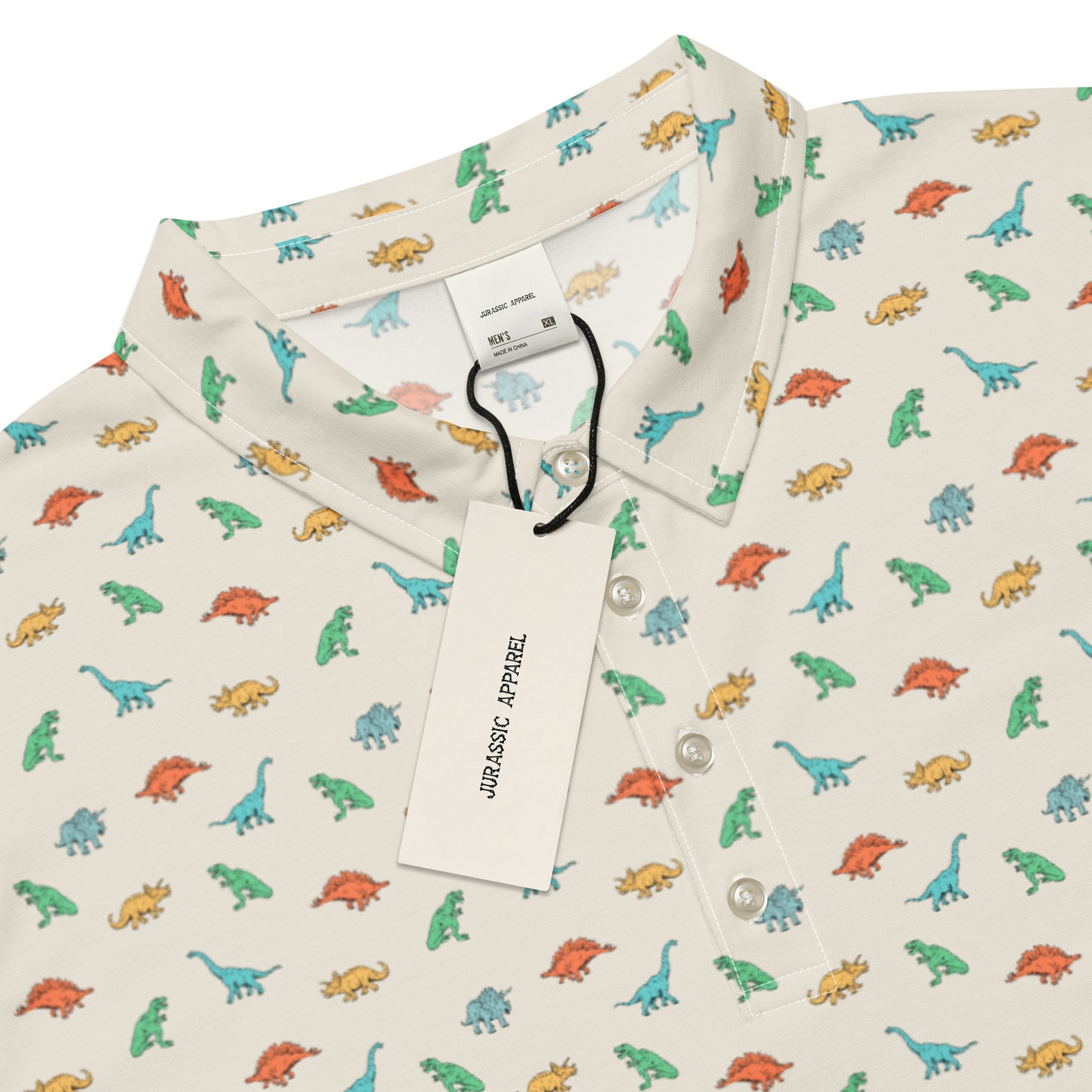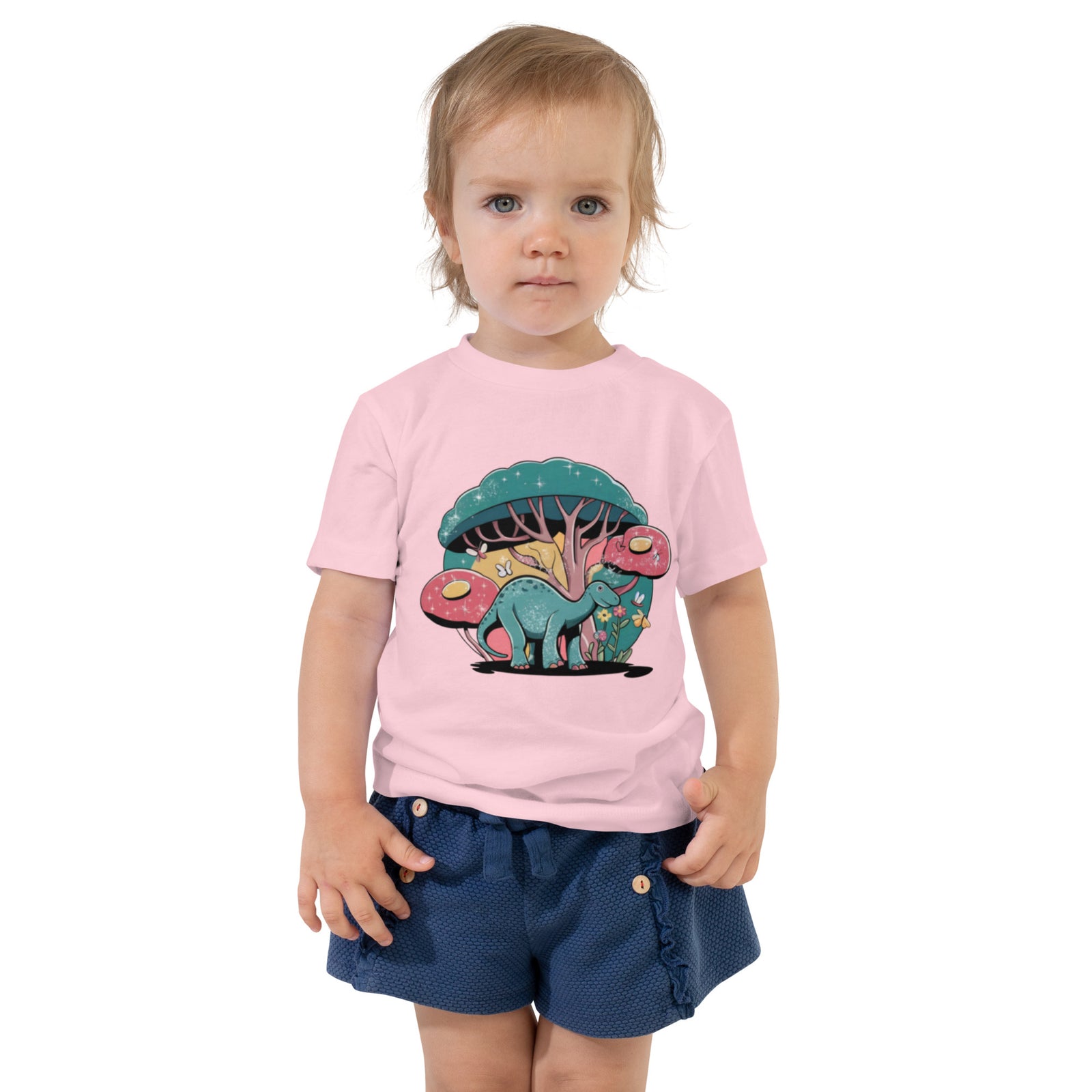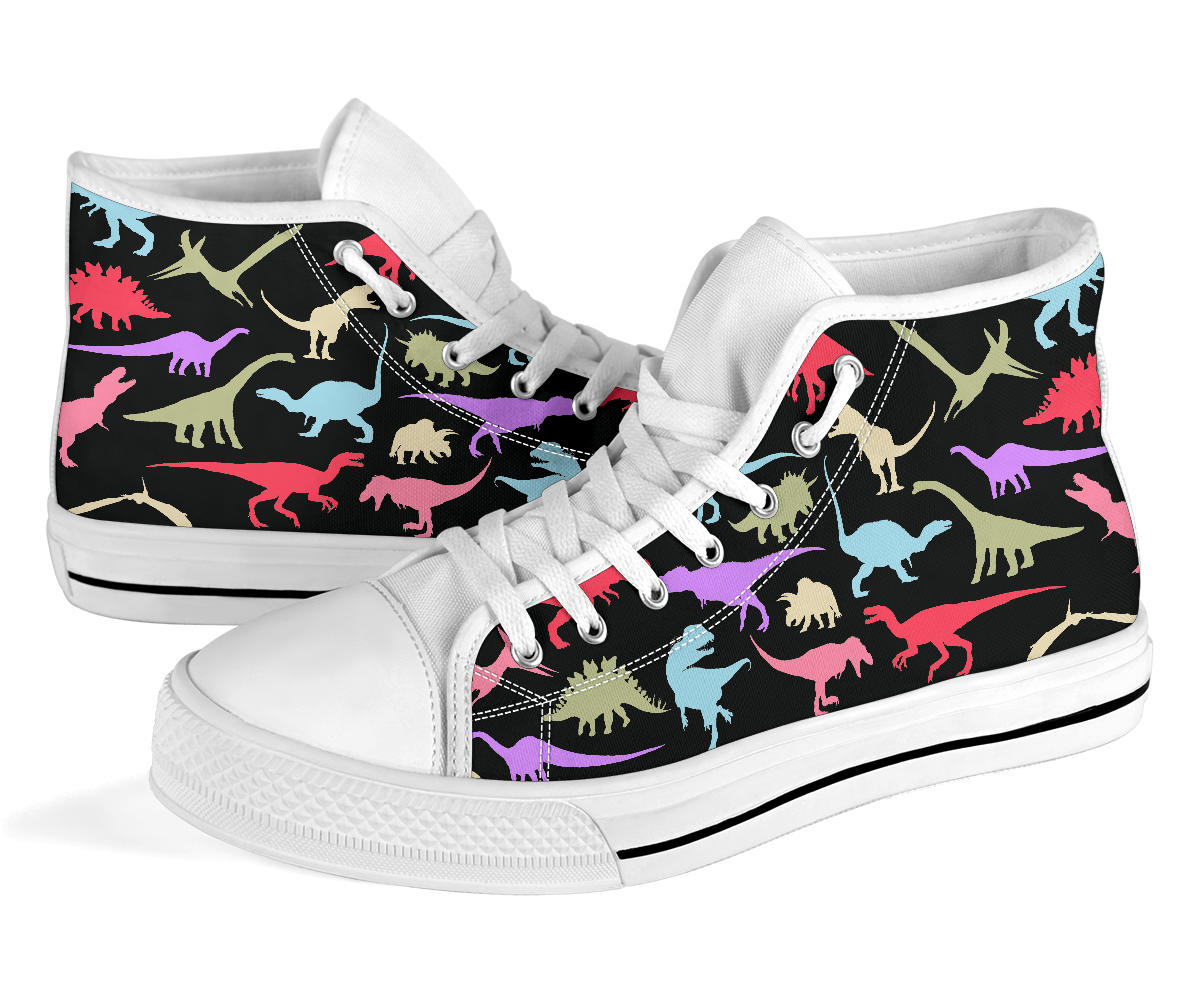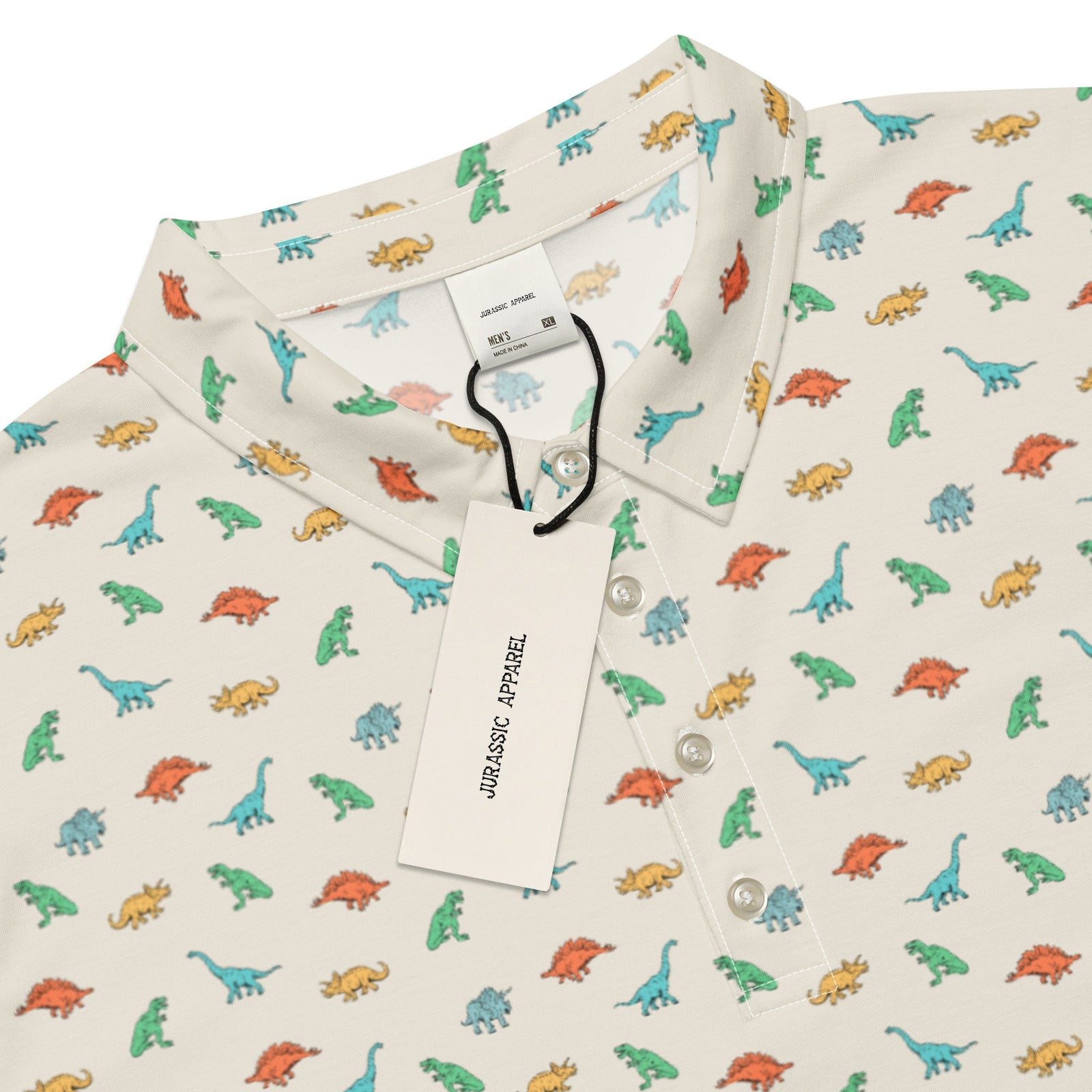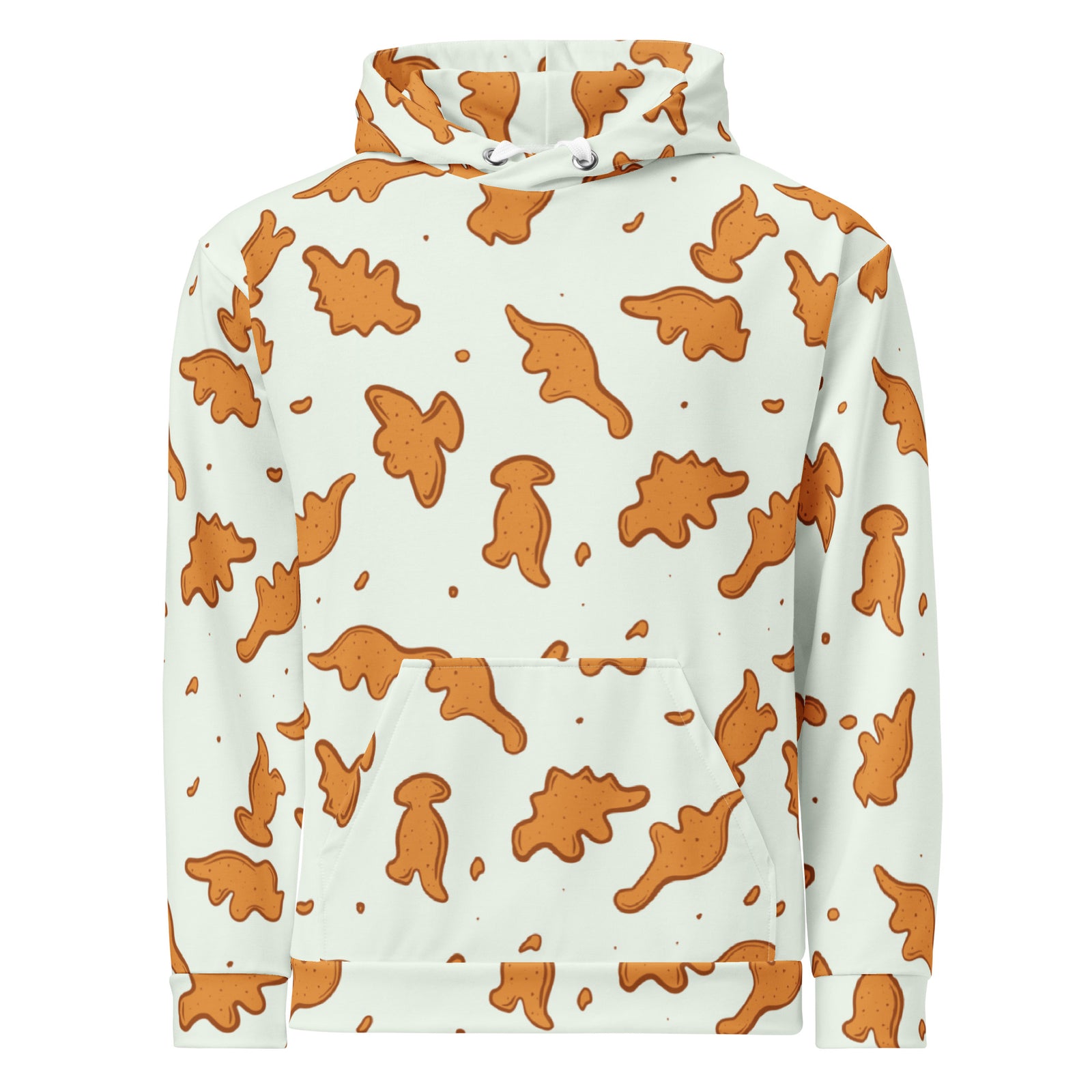Free Shipping On Orders over $75
Free Shipping On Orders over $75
Women's
Men's
Kids
Baby/Toddler
Accessories
Einiosaurus
July 30, 2024 2 min read

(AI Interpretation)
Einiosaurus: A Fascinating Dinosaur
Dinosaur Facts:
- Dinosaur Type: Ceratopsian
- Period: Late Cretaceous (approximately 75 million years ago)
- Diet: Herbivore
- Length: About 20 feet (6 meters)
- Height: Approximately 6 feet (1.8 meters) at the hips
- Weight: Up to 2 tons (1.8 metric tonnes)
- Notable Features: Long, curved cranial frill, two prominent brow horns
Einiosaurus for Kids
Meet Einiosaurus!
Einiosaurus was a fascinating dinosaur that roamed the Earth during the Late Cretaceous period. Known for its unique physical features and massive size, this dinosaur is a true marvel of prehistoric life.
What did Einiosaurus look like?
Einiosaurus had a large, ornate skull with a distinctive frill. Its elongated nasal horn made it stand out among other ceratopsians. The long, curved spikes on its frill are believed to have been used for display or defense.
What did Einiosaurus eat?
Being a herbivore, Einiosaurus primarily fed on low-lying vegetation, including ferns and shrubs. Its strong beak and shearing teeth allowed it to effectively process tough plant material.
In-Depth Look at the Einiosaurus
Anatomy and Physical Features
Einiosaurus was notable for its large size and distinctive cranial features. The prominent brow horns and unique frill are characteristic traits of the ceratopsian family. The frill, which may have served social or combat roles, was adorned with several long spikes that curved back over its neck.
Behavior and Habitat
Einiosaurus likely inhabited a variety of environments, ranging from river floodplains to forested areas. Fossil evidence suggests that these dinosaurs lived in herds, providing safety in numbers against predators like the fearsome Theropods.
Scientific Discovery and Research
Einiosaurus was first described in the late 1980s when fossils were uncovered in Montana, USA. Ongoing research continues to provide insights into its evolutionary significance and adaptations within the ceratopsian group. Researchers are particularly interested in how its physical adaptations contributed to its survival in a changing environment.
Social Behavior and Hunting Techniques
Einiosaurus primarily fed on plants and likely exhibited social dynamics typical of herd animals, enhancing their survival against carnivorous threats.
Einiosaurus in Popular Culture
Einiosaurus has made its way into various forms of media, including documentaries and educational programs. Its striking appearance and characteristics often capture the imagination of the public, showcasing the rich diversity of dinosaur life.
Ongoing Research and Discoveries
As new fossil discoveries are made, researchers are eager to learn more about Einiosaurus and its relatives. The field of paleontology continues to evolve, and ongoing studies focus on the evolutionary relationships within the Ceratopsidae family.
Conclusion
Einiosaurus represents a unique chapter in the history of dinosaurs, showcasing the complex interplay between anatomy, behavior, and environment in the Late Cretaceous. As we continue to uncover more about these remarkable creatures, our understanding of their role in ancient ecosystems deepens, highlighting the continual evolution of paleontological research.


